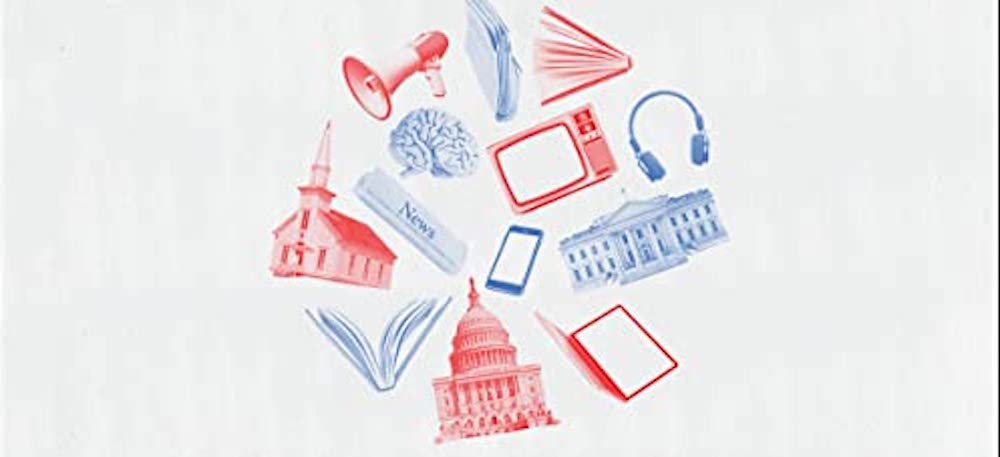Bonnie Kristian. Untrustworthy: The Knowledge Crisis Breaking our Brains, Polluting our Politics, and Corrupting Christian Community. Grand Rapids, MI: Brazos Press, 2022. 225pp, $24.99.
Login to read more
Sign in or create a free account to access Subscriber-only content.
Topics:
